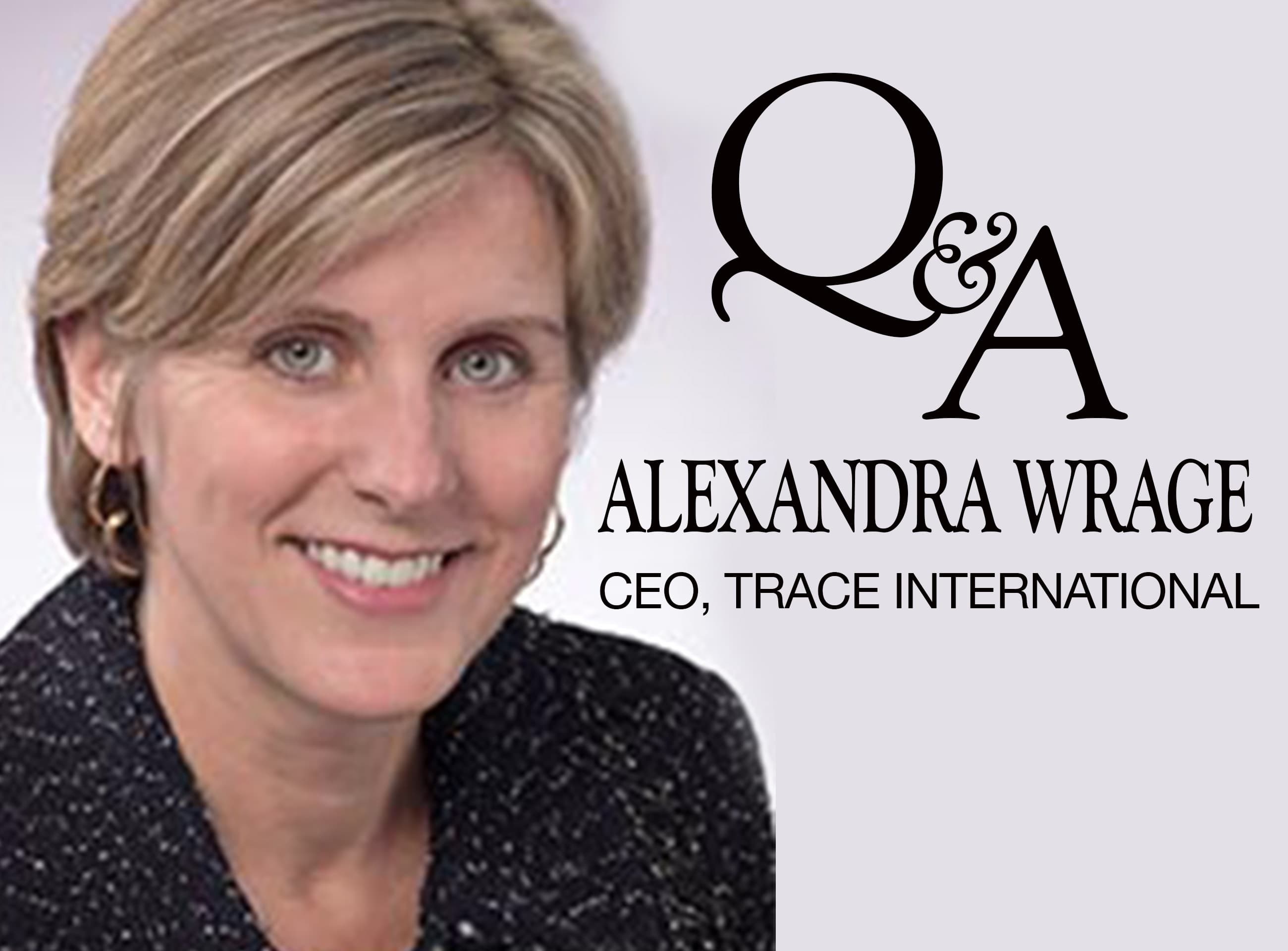with co-author Diana Chang
In March, the Australian government released a public consultation paper on whether Australia should introduce deferred prosecution agreements (DPAs). These agreements, usually between prosecutors and corporate defendants, defer prosecution for alleged offences of economic crime, provided the corporation fulfills agreed-upon conditions.
Overview
Organizations engaging in activity that may involve liability for criminal penalties under Australian laws — including domestic bribery and foreign bribery under the Criminal Code Act 1995 (Cth) — can face investigation and referral to the relevant Director of Public Prosecutions for a decision on whether to criminally prosecute.
There is considerable time, expense and uncertainty associated with investigating and prosecuting complex financial crimes. Key enforcement agencies are often stymied in Australia by an endemic lack of resources.
Criticism has welled in recent years regarding enforcement results in the wake of publicized failings, including those cited in the OECD Phase 3 report in 2012 (and follow-up report in 2015), which found fault with Australia’s commitment to the Anti-Bribery Convention, including its self-reporting and plea bargaining framework.
Public Consultation Paper
The March 2016 paper describes a DPA scheme that gives prosecutors the option to defer prosecution of a company or individual who has engaged in serious corporate crime in return for an agreement to comply with specified conditions. Such conditions typically require cooperation with any investigation, admitting agreed-upon facts, payment of a financial penalty and implementation of a compliance program. The prosecution is discontinued once the terms are fulfilled. However, if there is a breach of the conditions, the prosecution can resume and additional penalties may apply.
The consultation paper states that an Australian DPA regime may improve the ability of agencies to detect and pursue corporate crime, improve compliance and corporate culture, avoid lengthy and costly investigations and prosecutions, minimize the impact of criminal convictions on third parties (employees, etc.) and provide greater certainty for organizations seeking to resolve misconduct.
Overseas Experience
United States
The U.S. Department of Justice (DOJ) and the Securities and Exchange Commission (SEC) have used DPAs (and non-prosecution agreements (NPA)) since the early 2000s. These authorities have entered into more than 290 such agreements and have accrued financial penalties of more than US$42.5 billion in the period from 2000 to July 2014.
Since 2010, 86 percent of corporate enforcement actions under the U.S. Foreign Corrupt Practices Act 1977 (FCPA) have involved a DPA or NPA. The regime, which has grown organically, rather than by legislation, is characterized by substantial prosecutorial discretion, wide applicability to federal crimes, availability to both companies and individuals and comparatively limited judicial oversight.
Clifford Chance recently secured a significant victory for Fokker Services B.V., a Netherlands-based aerospace services company, in the U.S. Court of Appeals for the District of Columbia Circuit in establishing precedent for a new standard of judicial review of DPAs. The ruling limited the ability of a District Court to second-guess the validity of the DOJ’s charging decisions or the specific terms of a DPA.
United Kingdom
The U.K. introduced a DPA regime in February 2014. In contrast to the U.S. position, DPAs in the U.K. are subject to appreciable judicial oversight, characterized by formal policy and procedure. DPAs are only available for selected crimes and are not available for individuals. The regime has been introduced against the backdrop of considerable discussion about widening the scope of corporate criminal liability.
In November 2015, the U.K. Serious Fraud Office (SFO) entered into the first U.K. DPA with Standard Bank Plc in relation to allegations of failure to prevent bribery contrary to section 7 U.K. Bribery Act 2010. The bank agreed to pay GBP21.7 million and undertake remediation. Notably, the SFO worked with the DOJ and SEC to remove the inherent double jeopardy aspect of the investigation.
In February 2016, Sweett Group plc was convicted under the U.K. law and ordered to pay GBP2.35 million. In this case, the SFO did not consider that there had been sufficient cooperation in order to merit a DPA.
What to Expect
The public consultation period ended on May 2, 2016. Of the 16 responses, 14 were in favor of the introduction of a DPA regime, including the responses from Australian Securities and Investments Commission (ASIC, the agency charged with enforcing the anti-bribery law) and the Australian Taxation Office.
Australia may take cues from overseas agencies as to the appropriate framework and approach for a DPA regime. The SFO asserts its role as primarily a prosecutor, and its expectations for DPA cooperation are high (including waiver of legal privilege). The DOJ requires disclosure of an individual’s conduct to allow it to consider feasible individual prosecution (as endorsed in the DOJ’s “Yates Memorandum”).
For now, drawing on the overseas experience, Australia could expect:
- Greater enforcement (ASIC and the Australian Federal Police have recently received additional funding)
- An initial focus on foreign bribery and corruption matters
- Rising collateral class actions (which may use DPA admissions)
- Increasing coordination between international agencies
- Increasing sophistication being needed for internal investigations
With the experience of the U.K.’s DPA regime helping to erase some of the intrinsic hesitation toward DPAs in an Australian setting, there must be a real possibility that a DPA regime will happen in Australia and that it will more closely resemble the U.K. rather than the U.S. model.



 Wendy L. Wysong is a partner at
Wendy L. Wysong is a partner at 






